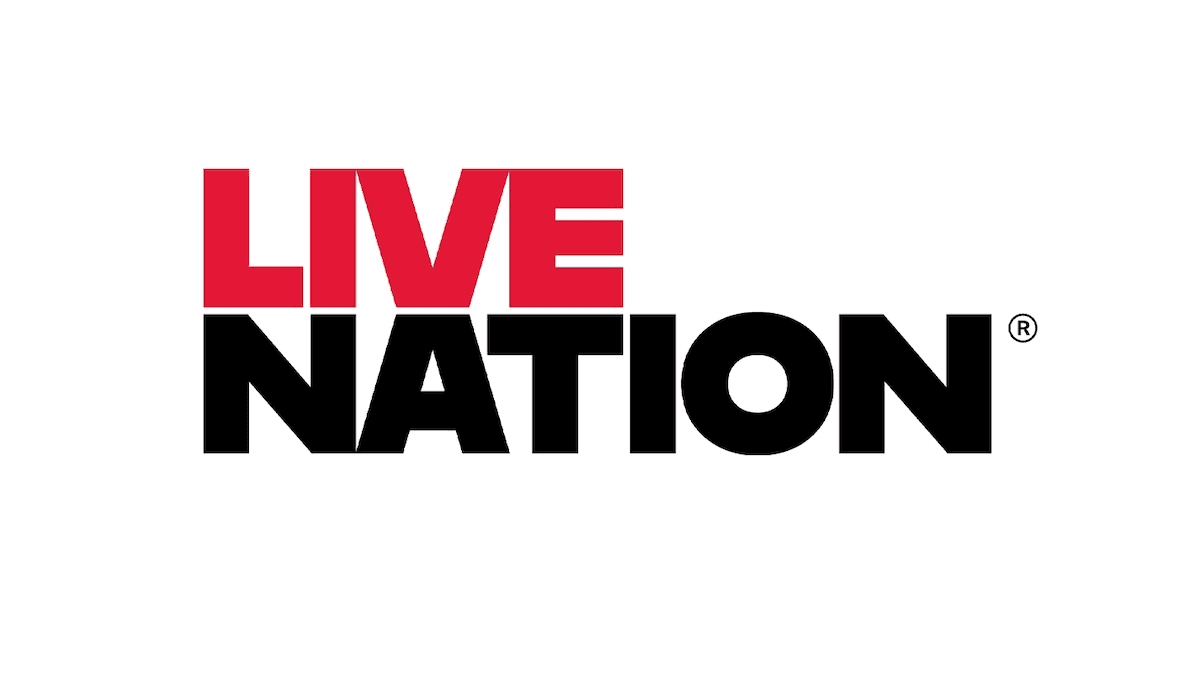
Sting
It was recently revealed that The Police drummer Stewart Copeland and guitarist Andy Summers are suing vocalist-bassist Sting for unpaid royalties. Now, more details about the case have emerged.
The suit:
As per Complete Music Update, the dispute centers on a 1970s agreement about the distribution of publishing income generated by The Police’s songs.
Copeland and Summers allege that Sting, AKA Gordon Sumner, incorrectly interpreted the agreement.
As per the BBC, Sting believes he only has to share mechanical rights income. His bandmates say the royalty share agreement also applies to performing rights income.
Mechanical royalties are paid to songwriters and artists when physical copies of music are sold (ie. CDs and vinyl), and when music is streamed on demand.
Performance royalties are paid when music is performed publicly, be it on radio, in a restaurant or bar, or on streaming services like Spotify.
The initial agreement:
The oral agreement stated that the band member who wrote the song would share a portion of the publishing income with the other band members, usually about 15%. This was put into writing in 1981 and apparently revised in 1995 and again in 2016.
Though both Copeland and Stewart wrote songs that appeared on The Police’s albums, Sting wrote their biggest hits, including “Every Breath You Take.”
Less clear, and the reason for the latest dispute, is what publishing income the agreement applied to: solely mechanical rights income, or did it also cover performing rights?
Damages:
Summers and Copeland claim to be owed £1.5 million.
Sting’s lawyer claims the duo have been overpaid, and that they owe Sting money.
The Police
Stewart Copeland
Andy Summers
Sting
Gordon Sumner
Complete Music Update
BBC
Artist Lawsuits and Legal Battles
Legal Battles Over Royalties
Artist Rights And Royalty Disputes
Band Infighting Leads To Litigation
Modernizing Legacy Music Contracts
Streaming Royalty Disputes
High-Profile Artist Litigation
Music Industry Litigation
Royalty Disputes
Litigation
Intra-Band Litigation
Public Performance Royalties
Streaming Royalties
Legal Disputes
Breach of Contract
United Kingdom
👋 Disclosures & Transparency Block
- This story was written with information sourced from Complete Music Update.
- We covered it because of the profile of The Police and its members.












